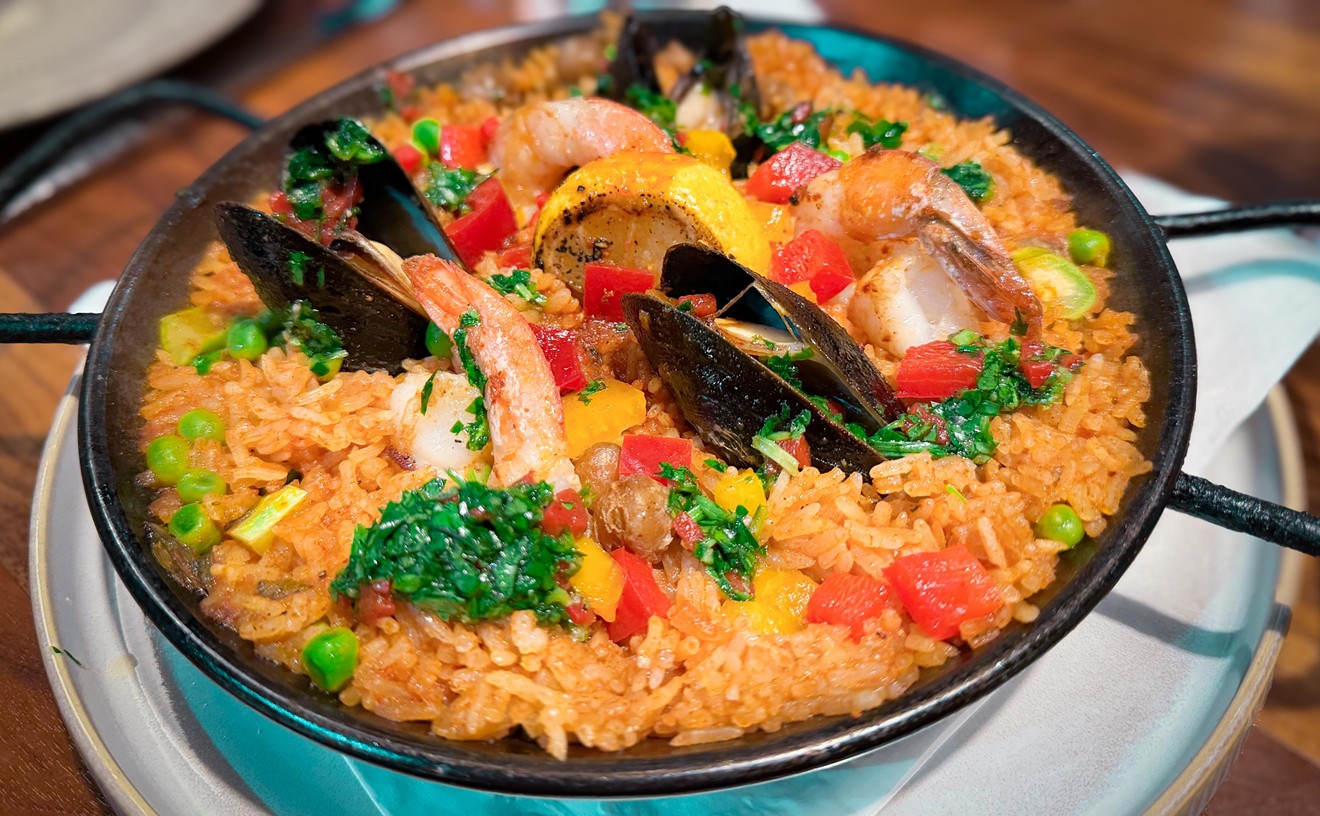“At least half of our beverage sales are milk-based drinks as opposed to straight espressos and brewed coffee,” says Nathan Shelton, co-owner of Cultivar Coffee.
Despite the countless gallons cafes steam through, milk is all too often overlooked. Customers are more likely to know the name of the coffee roasting company a cafe uses than the name of the dairy that produces their milk. Likewise, many cafe operators – while having no problem slurping through cup after cup to find the perfect coffee to feature on their pour-over bar – select their milk simply based on what’s cheap or what their food purveyor distributes.
Lately, that's changing, thanks in large part to a dairy just outside of Waco. If you live in Dallas and go out for coffee, you’ve likely enjoyed the fruits of the Miller family’s labors. Over the last few years, Mill-King Market & Creamery has become the go-to for Dallas cafes like Cultivar Coffee, Noble Coyote, Davis Street Espresso, Houndstooth and more.
The Millers have been earning a living selling the milk and other dairy products they produce from their family-owned farm in McGregor – about 15 miles southwest of Waco – since 1941. Back then, Arnold and Minnie Miller milked cows at their farm in Crawford and sold it off the farm or at the local general store. When Arnold Miller retired, his son Billy bought his father’s shares, bought more land and expanded the facilities, which he operated along with his wife, Shorty. In 2004, a third generation took over the farm as Billy’s son Craig and wife Rhianna joined the family-team of owner-operators.
Today, Mill-King sells low-temperature-pasteurized, non-homogenized milk, cream and cheeses courtesy of the 100 cows residing on their home farm, along with 300 cows on their partner farm across town. Their cows are a mixture of Holstein, brown Swiss and Jersey cows, a mix of breeds that creates a smooth-tasting milk with high levels of butterfat and omega-3 fatty acids, the Millers say. Mill-King’s cows are grass-fed most of the year and, although some supplemental feed is required at times, much of it is grown by the Millers, and it's all corn- and soy-free. The farm only uses non-GMO seeds and feed sources and follows organic standards in their animal and land practices.
But the Millers didn't always do it this way. Back in 2010, the economy was tough for dairy farmers.“Every step of the process is important, from the birth of a calf to making sure that customers get a wonderful tasting product, free of additives."
tweet this
“It was apparent that continuing to dairy in a conventional manner was not a viable option for the farm,” says Rhianna Miller. So the Millers began exploring alternative dairy options.
Spurred by a realization that her milk allergies weren’t triggered the same way by raw milk as they were by grocery-bought milk, which are typically high or ultra-high-temperature pasteurized, Rhianna started researching raw milks and eventually, the Miller’s stopped homogenizing their milk altogether. They implemented low-temperature pasteurization, a method which allows them to legally package, transport and sell their products while staying as close to raw milk as possible.
“From this, the family farm began to change,” Rhianna says. “All of our practices changed to promote unadulterated dairy products. We are very strict on what our cows eat, how they are treated, and how the milk is handled in our processing facility. We are passionate about our cows and getting their natural, wholesome milk to consumers.”
Not only did these changes benefit the flavor or those with allergies, it benefits the animals as well. “We see less stomach issues, illnesses and feet issues than we did when we fed them a diet rich in corn and soy,” she says.
Despite the fact that these changes helped grow their brand substantially, the transition didn't come easy.
“It is much harder,” Rhianna admits. “Previously we were a dairy farm; now, in addition to being a dairy farm, we are also a fluid processor, a cheesemaker and a delivery company.”

Along with regular milk, Mill-King makes chocolate "CaCow" milk, yogurt, cheese and butter.
Courtesy of Mill-King
“While sustainability and organic processes are definitely priorities for us whenever we are selecting products to use with our coffee, quality of flavor and performance are also of utmost importance,” says Kevin Sprague, owner of Noble Coyote Coffee Roasters. “When we can find a great product and support the local economy, it’s truly a win. That’s why Mill-King made a lot of sense to us. It not only elevates the quality of our coffee lab’s milk-based drinks, it also supports a local business.”
When picking their milk, the Cultivar team blind-tasted several, Shelton says.
“Mill-King is just overall a better-tasting product,” he says. “Their whole milk is a bit heavier-tasting, giving the coffee a harder time punching through, but overall we think it produces a better product. We also are attracted to the transparency and consistency of working with a single farm.”
Mill-King even provides a barista-friendly blend for occasions when the fat content in their whole milk gets too high to steam effectively.
“We want to make sure that the coffee roasters or chefs that are taking the extra mile for their products have a dairy product that they can trust and that highlights the products they are making,” Rhianna says.
After a few years of uncertainty and a change in direction, demand for Mill-King is growing, as is the dairy itself. The Millers plan to release their yogurt and cheeses in retail format soon. What’s clear in everything the Millers do – from animal husbandry to consumer education to customer service – is that they give a damn.
“We are passionate about getting a real product out to consumers,” Rhianna says. “Every step of the process is important, from the birth of a calf to making sure that customers get a wonderful tasting product, free of additives."











